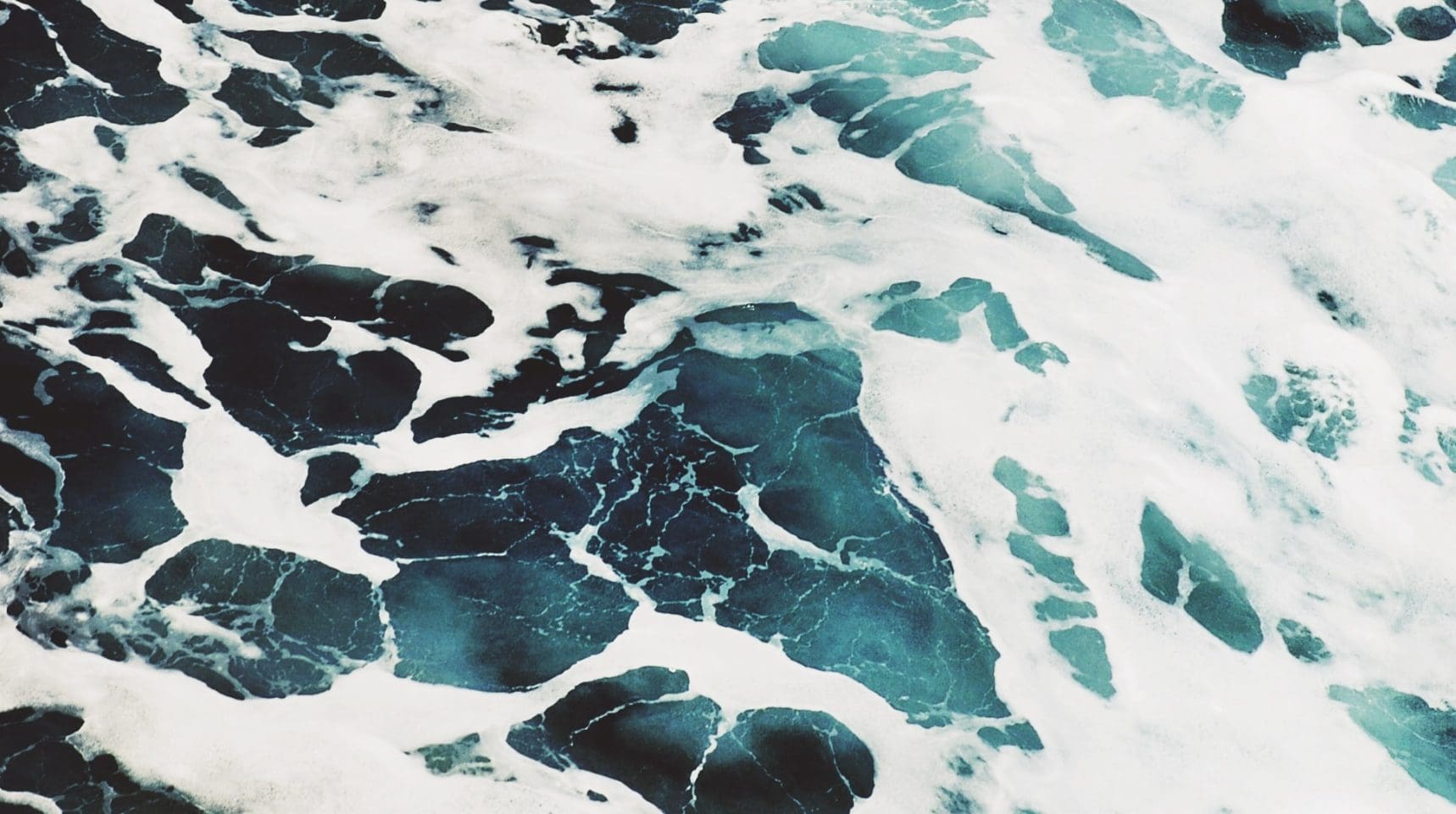Q:
“Ok so does this mean all the fish and sea creatures died , is this starting of new heaven and new earth . In the new earth there isn’t any oceans right ?”
Linda
Hello again, Linda! In the Bible, there are plenty of historical references to actual seas, such as the Red Sea (Exodus 10:19; Numbers 33:11), Salt Sea or Dead Sea (Genesis 14:3), Mediterranean Sea also known as “the great sea” (Genesis 49:13; Judges 5:17; Joshua 9:1), et cetera. In Revelation, however, because it is layered in so much rich imagery, symbolism, and metaphor, the word sea does not always mean what we think it means. The sea in Revelation is not always about actual water. Consider: “The dragon stood on the shore of the sea. And I saw a beast coming out of the sea.” (Revelation 13:1) This verse does not mean that an actual dragon will be waiting for an actual beast to come out of the ocean, rather it is a symbol for Satan and his power. The way the beast and sea are symbolized, here, ties back to the prophecy of Daniel 7:2-3. These symbols are not physical descriptions, but metaphorical descriptions of spiritual realities to come that will be played out in physical ways.
In some instances, the word sea seems to refer to actual water, such as Revelation 16:3, but in other instances it refers to a spiritual sea or the place of the dead: “And the sea gave up the dead who were in it, Death and Hades gave up the dead who were in them, and they were judged, each one of them, according to what they had done.” (Revelation 20:13). Keep in mind; the Semitic word “sea” is often used in parallel with the term “deep”, the same word used in Genesis 1:2, and has a longstanding history as a metaphor for the unknown, evil, chaotic abyss, and death. Furthermore, the eschatological language used throughout the entire Bible closely links the final destruction of evil to sea and serpent imagery/metaphor. In Isaiah 27:1, God ultimately defeats Leviathan. In Daniel, the evil world powers are symbolized by animal-hybrid monsters rising from the sea (Daniel 7:1-13). The beasts are, then, defeated and God establishes an everlasting divine order on earth. Revelation, in particular, builds up to the Day when the serpent is imprisoned in the “abyss” (Revelation 20:3), which is equivalent to the Hebrew word for “deep” or sea. After that, evil is destroyed (Revelation 20:10). Therefore, in Revelation 21, I do not think the sea refers to a physical ocean, but rather symbolically refers to the separation from God caused by evil and death. In other words, since evil is defeated and we will no longer die, there is no more ‘sea’. Consider: “Then death and Hades were thrown into the lake of fire. The lake of fire is the second death. Anyone whose name was not found written in the book of life was thrown into the lake of fire. Then I saw a new heaven and a new earth, for the first heaven and the first earth had passed away, and the sea was no more. And I saw the holy city, new Jerusalem, coming down out of heaven from God, prepared as a bride adorned for her husband.” (Revelation 20:13-14; 21:1-2)
Now Revelation 16:3, specifically, sounds like it’s speaking about an actual sea, but since the primary focus and context of Revelation is spiritual cloaked in symbolic language, I’m inclined to believe that Revelation 21:1 is chiefly speaking about evil and death, where the sea is like Sheol and not an actual ocean. So, there very well could be oceans in the new heavens and earth! We’ll just have to wait and sea 😉
Hope that helps, Linda! God bless!

Matlock Bobechko is the Chief Operating/Creative Officer of Bible Discovery. He is an eclectic Christian thinker and writer, award-winning screenwriter and short filmmaker. He writes a blog on theology, apologetics, and philosophy called Meet Me at the Oak. He is also an Elder at his local church.






